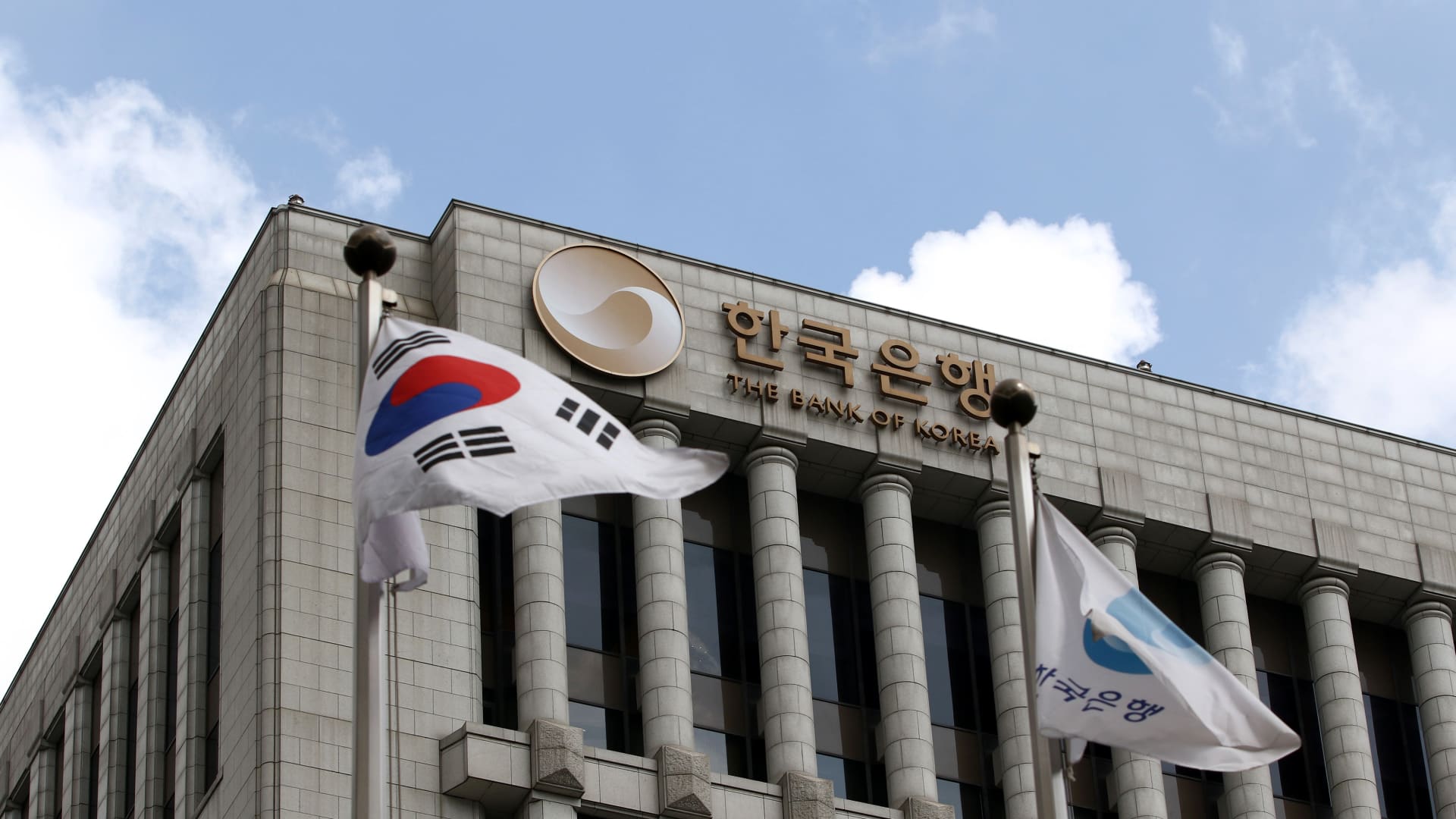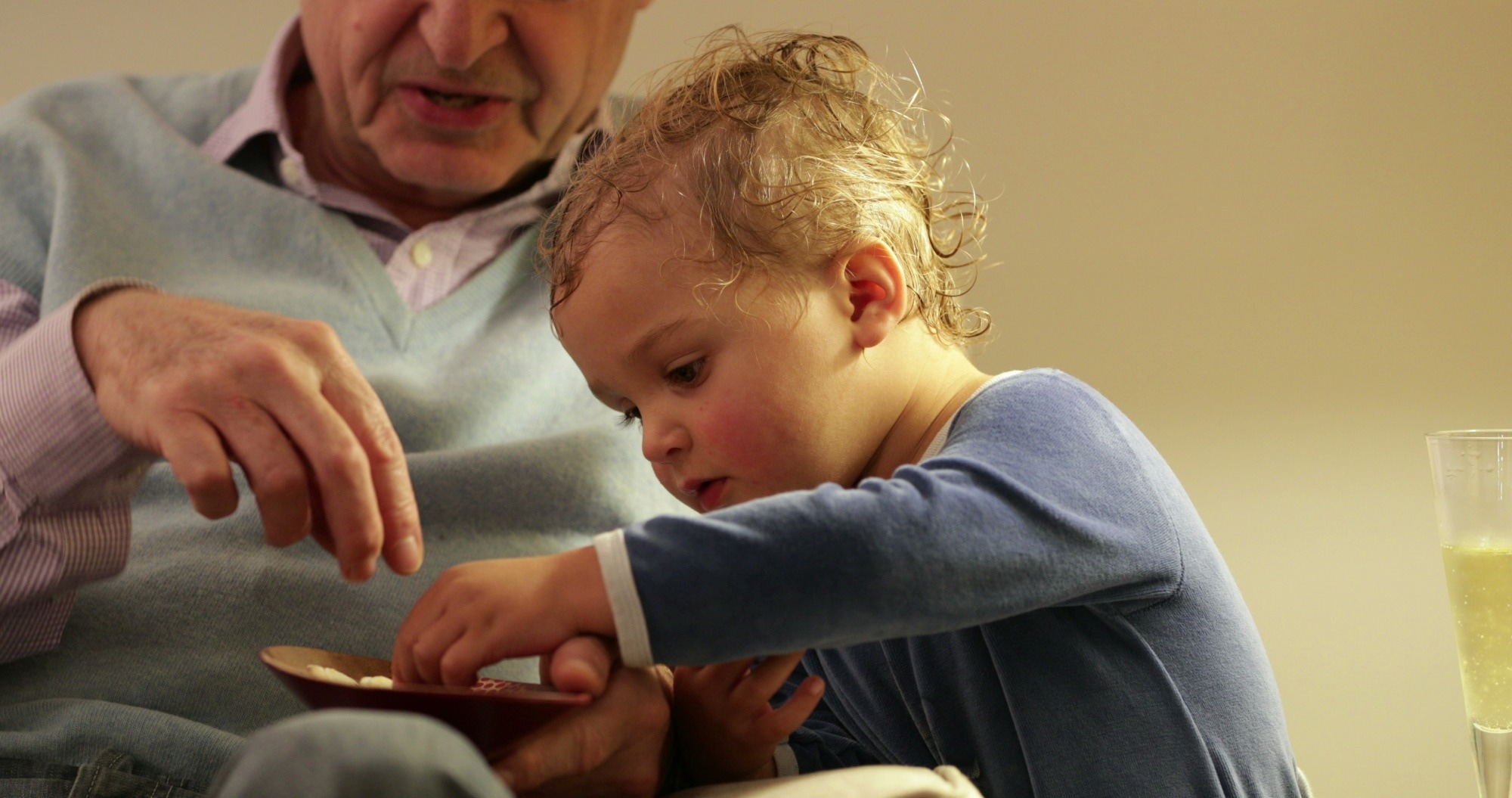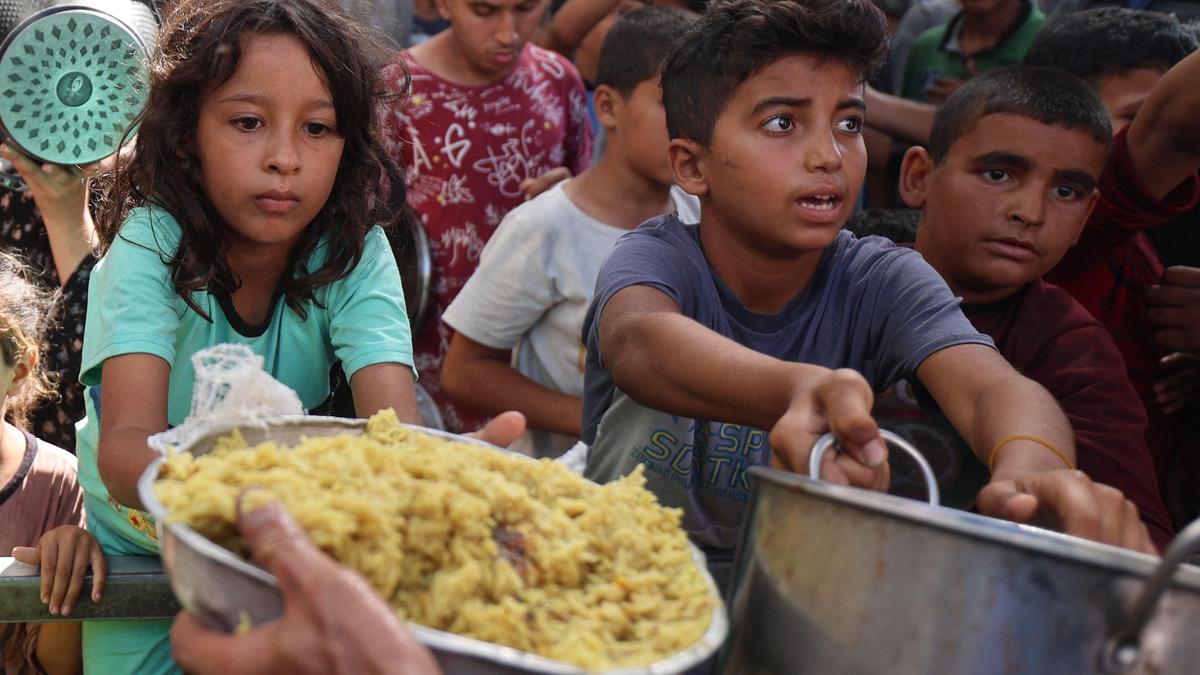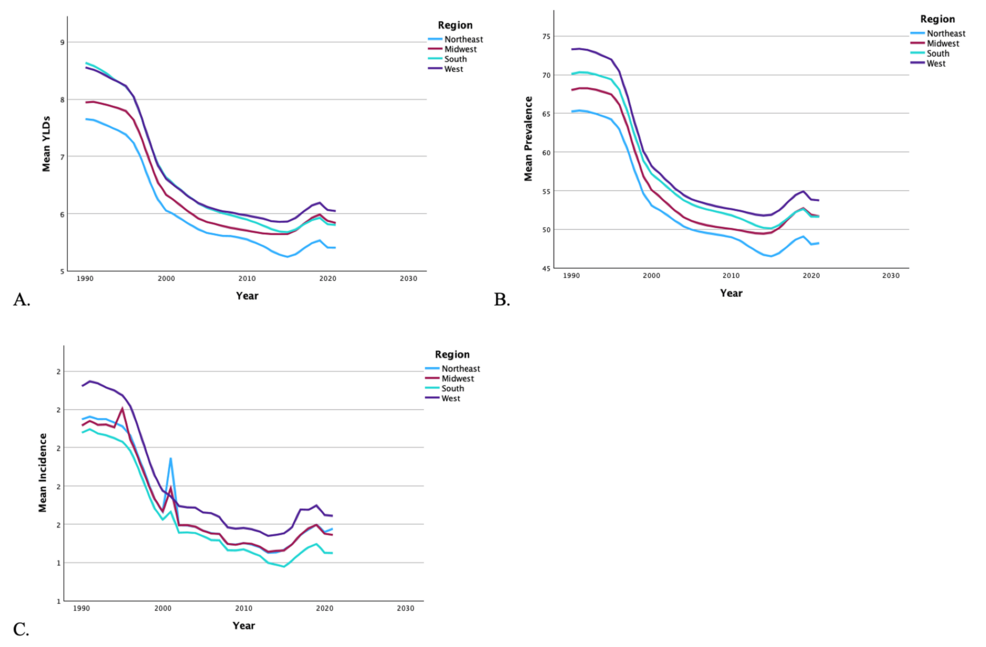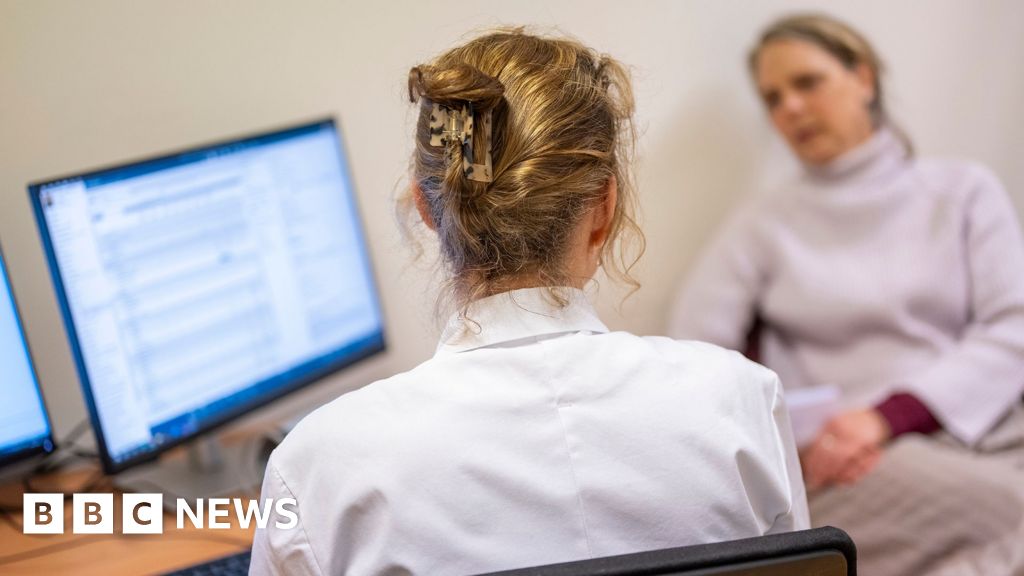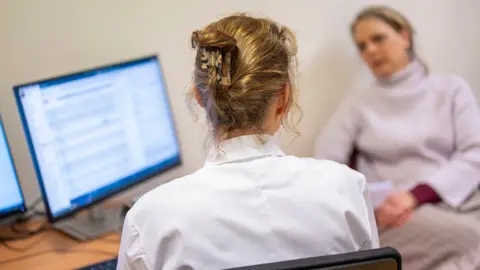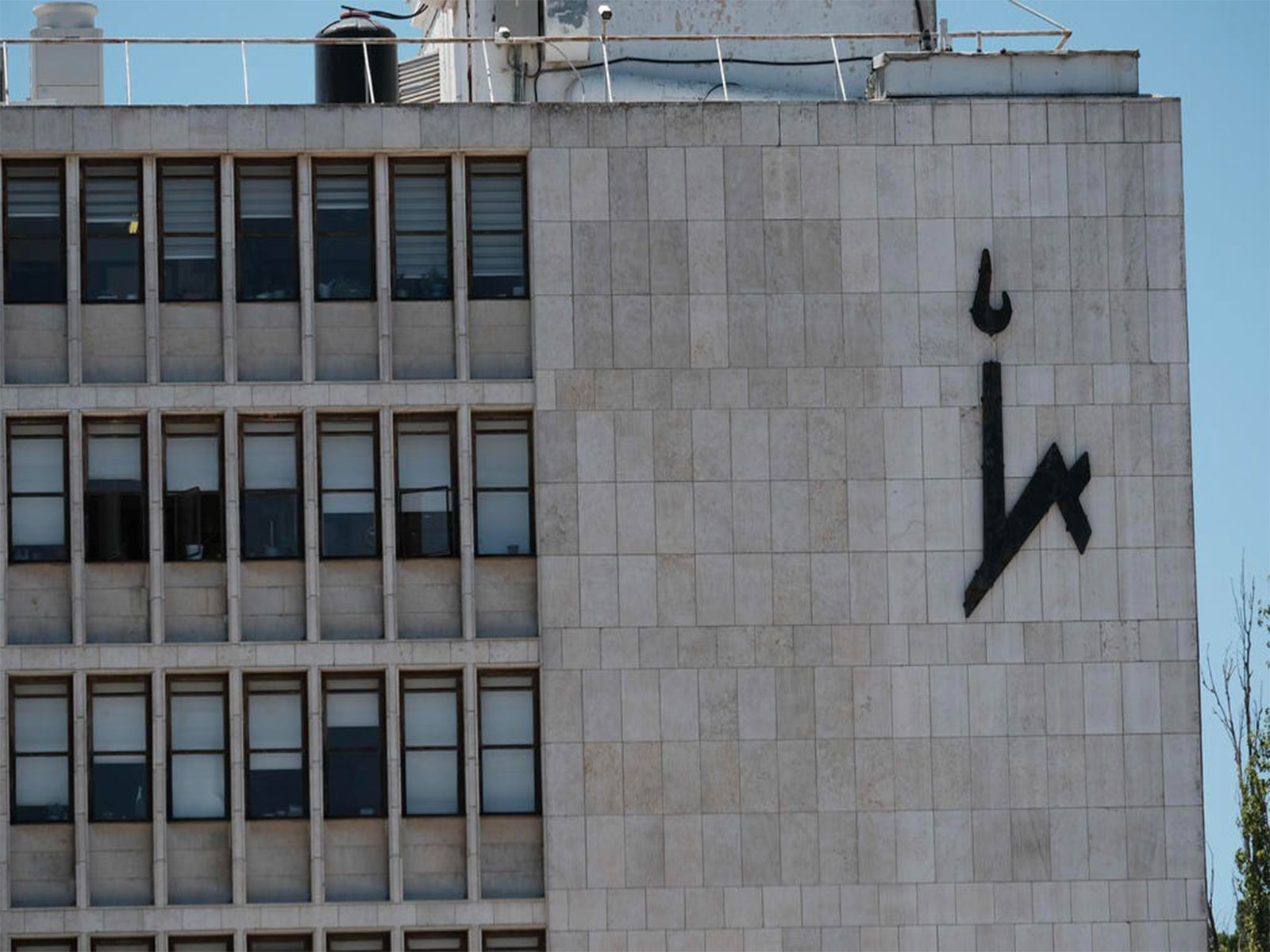Bank of Korea warned there’s a chance of increased volatility following more rate hikes from the Fed, following U.S. Federal Reserve Chair Jay Powell’s speech in Jackson Hole. Photographer: SeongJoon Cho/Bloomberg via Getty Images
Bloomberg | Bloomberg | Getty Images
South Korea’s central bank kept its benchmark interest rate unchanged at 2.5% Thursday, extending a pause since May, as policymakers continued to flag household debt as a key risk.
The decision was in line with expectations from economists polled by Reuters, and followed the introduction of tighter property measures in Seoul aimed at curbing borrowing.
On Oct. 15, South Korean media reported that stricter property rules, including tighter loan limits, will now apply across all 25 districts of Seoul, as well as 12 more areas in the surrounding Gyeonggi Province.
Previously, the tightened rules only applied to four of Seoul’s 25 districts.
Household debt remains a major concern for the Bank of Korea, which has been reluctant to cut rates for fear of fueling housing demand and pushing debt levels higher.
Bank of America analysts wrote in an Oct. 20 note that “housing inflation in Seoul has been the top of mind for policymakers this year, a critical constraint for additional easing in 2H25.”
They noted that home prices in central Seoul accelerated again in mid-September, despite earlier rounds of cooling measures in June and September.
“With such measures, a sequential decline in home transactions is expected in coming months, but it is still hard to tell if the price increase could be fully contained, in our view,” they said.
South Korea’s Kospi index dipped 0.3% following the announcement, while the small-cap Kosdaq index fell 0.34%. The South Korean won was largely unchanged, trading at 1,432.40 against the U.S. dollar.
Stalled trade talks
The rate decision also came as South Korea faces uncertainty over its trade relationship with the U.S., after both sides struggled to finalize details of an agreement reached on July 30.
Under the deal, the Asian nation is set to invest $350 billion in the U.S., but South Korean President Lee Jae Myung warned in a Reuters interview that transferring the full amount in cash could trigger a financial crisis reminiscent of 1997.
Negotiators are reportedly due to visit Washington this week to finalize terms ahead of the APEC Summit on Oct. 31 in South Korea.
At its last meeting in August, the BOK raised its 2025 inflation forecast to 2% from its May forecast of 1.9%, while the GDP growth outlook for the year was also revised to 0.9% from 0.8% previously.
It expects domestic demand to make a “modest recovery,” due to a supplementary budget and improvement in consumer sentiment.
“Exports are likely to show favorable movements for some time, but are likely to gradually slow as the impacts of U.S. tariffs expand,” the central bank said.
— This is breaking news, please check back for updates.
